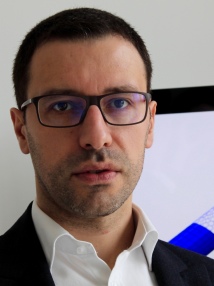BibTex format
@article{Swolfs:2019,
author = {Swolfs, Y and Pinho, S},
journal = {Composites Science and Technology},
pages = {1--8},
title = {3D printed continuous fibre-reinforced composites: bio-inspired microstructures for improving the translaminar fracture toughness},
url = {https://www.sciencedirect.com/science/article/pii/S0266353819301587?via%3Dihub},
volume = {182},
year = {2019}
}

